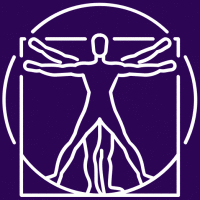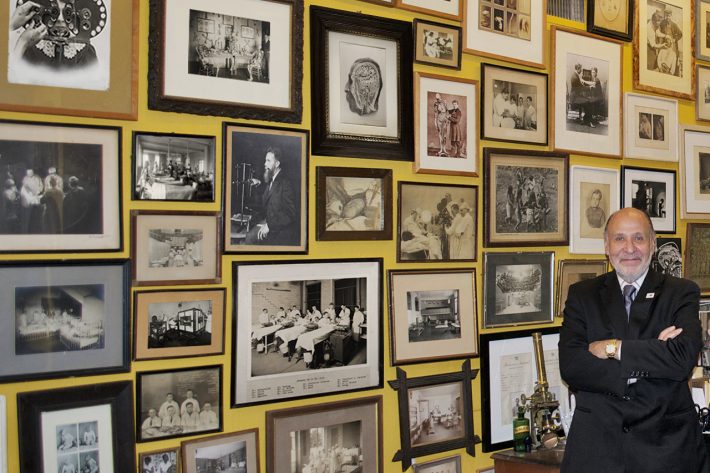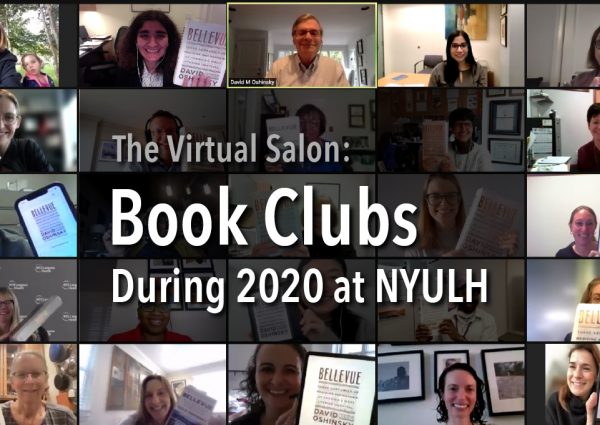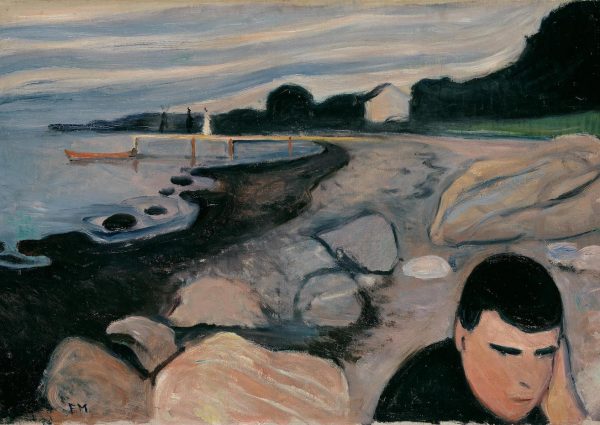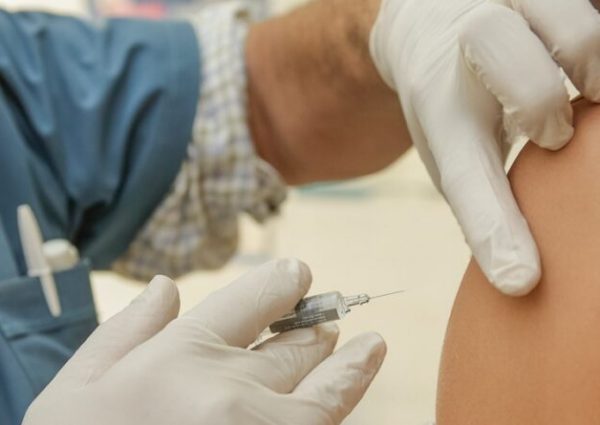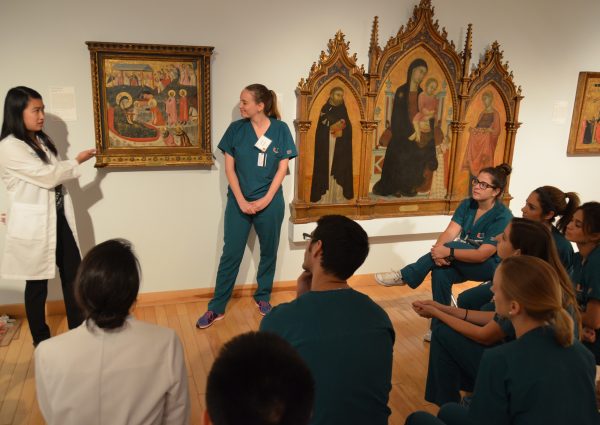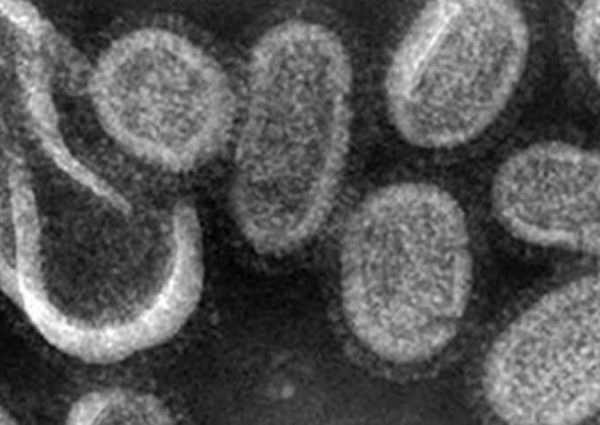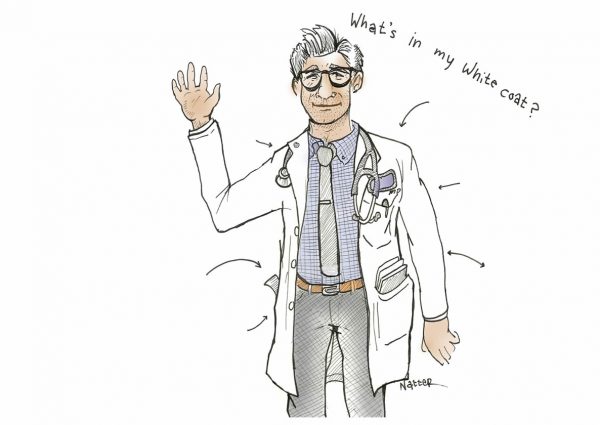The Stanley B. Burns M.D. Historic Medical Photography Collection was recently acquired by the Harvey Cushing/John Hay Whitney Medical Historical Library at Yale University. Dr. Burns, a faculty member in the Division of Medical Humanities at NYU Langone Health, began collecting photographs that document the evolution of medicine in 1975, and has amassed more than a million images. Yale’s acquisition includes more than 15,000 of these images, as well as Dr. Burns’ papers, containing over 50 years of his work in the medical humanities and medical history.
Here, Dr. Burns is interviewed by David Oshinsky, PhD, director of the Division of Medical Humanities at NYU Langone Health and professor of history at NYU.
When and how did you become interested in the field of medical photography?
I was always interested in history, especially the history of medicine. In 1975, I discovered the availability of historical photographs, and my life has never been the same. Photographs tell an enhanced story, and I began aggressively collecting. In 1977, I started sharing my discoveries in medical publications, and in 1978, had my first exhibition showcasing over 1000 photographs. Through visual essays, exhibitions and documentaries, I found a way to share the history of medicine with professionals, as well as the public. The overwhelmingly positive response by artists, curators, and medical personnel further energized my efforts. I have since published 49 texts, over 1100 articles, contributed to dozens of documentaries, and curated more than 100 exhibitions specializing in unexplored and unappreciated areas of medicine and history. My involvement in the HBO/Cinemax medical historical dramatic series The Knick, gave me the opportunity to present the history of medicine to the general public.
What are some of your favorite photographs?
My favorite photographs include images of physicians at work, patients artistically presented, and nineteenth century images depicting centuries-old medical practices, such as bloodletting, phrenology, dissection, surgery, and teaching. I have always believed that physicians of the past were just as smart and creative as we are today but labored under inferior knowledge and technology.
What does Yale’s acquisition of your collection mean for medical historians, and for you personally?
Rarely is a collector granted the opportunity to place their collection in a distinguished institution committed to continue their work and vision. The acquisition of my historic medical photography collection by Yale is a significant accomplishment. For almost 50 years, I strove to keep medical history alive, relevant and of interest to a wide audience. It is an honor and affirmation of my life’s work to be recognized by one of the greatest medical educational and research institutions. Yale has acquired not only my photography collection, but also my papers, files and research documents, as well as my personal photography which documents 45 years of medical history and photography association meetings. These extensive records chronicle and give context to the collection, and my work, and is a foundation for future scholarly endeavors.
The librarians and archivists at Yale’s Harvey Cushing/John Hay Whitney Medical Library are dedicated to preserving the history of medicine. The library currently houses The Cushing Center, a museum showcasing the pioneer neurosurgeon’s collections and studies. In time, the library will add The Stanley B. Burns, MD Historic Medical Photography Museum. Devoted to the history of medical photography, it will be an interdisciplinary academic resource for years to come.
In an endeavor to support the work of medical historians in photography I am endowing a Fellowship. It will support research grants to two scholars, when completely funded. Researchers interested in history, photography, medicine, and science will have funded access to this unparalleled and unique collection.
I am thrilled that the work I have spent a lifetime creating has a permanent home and will be continued, utilized and appreciated by future generations.
Dr. Burns will be sharing a photograph from his collection each week in the NYU Langone Health Division of Medical Humanities newsletter. If you are interested in following this series, please join the mailing list here.
